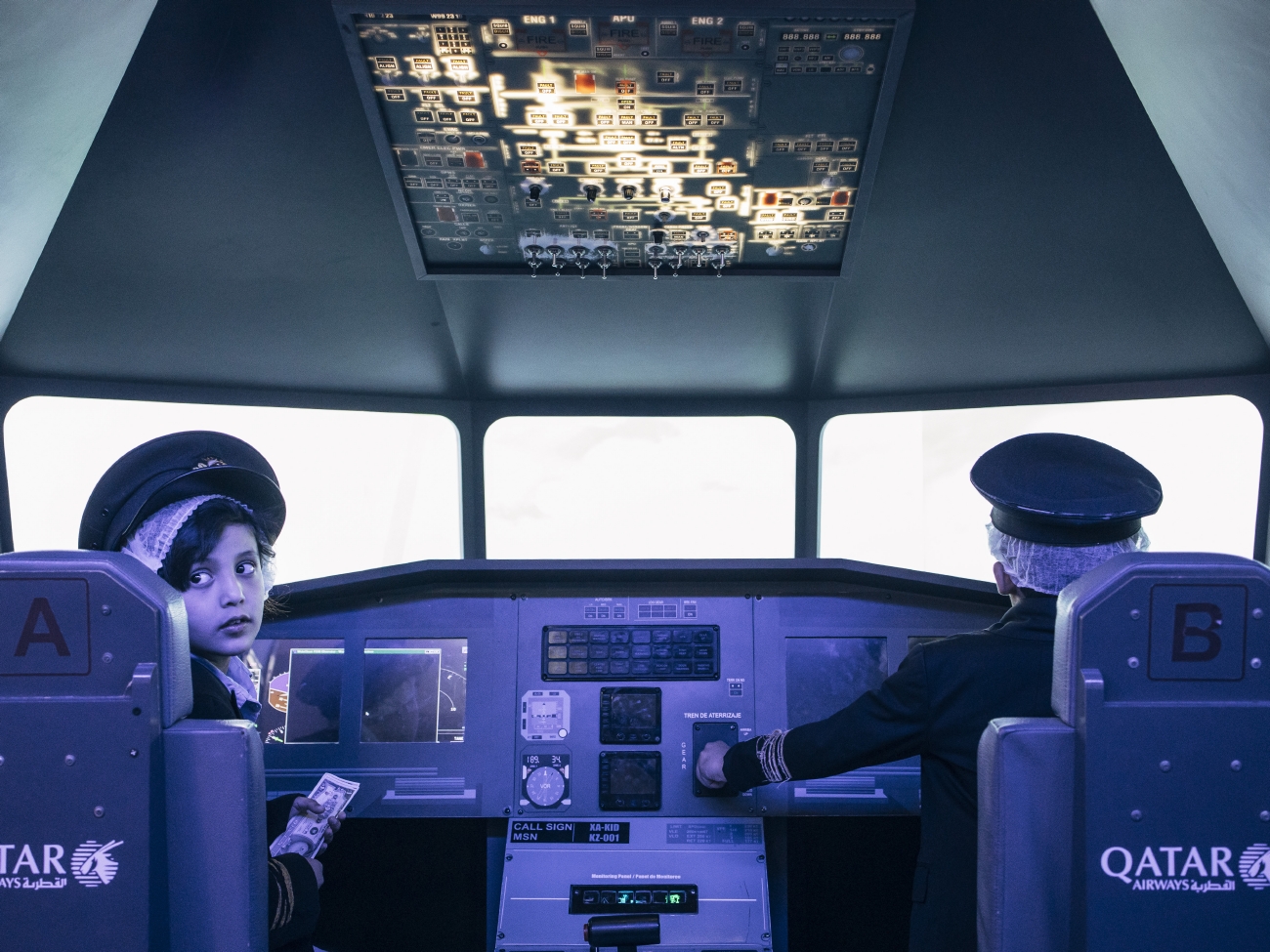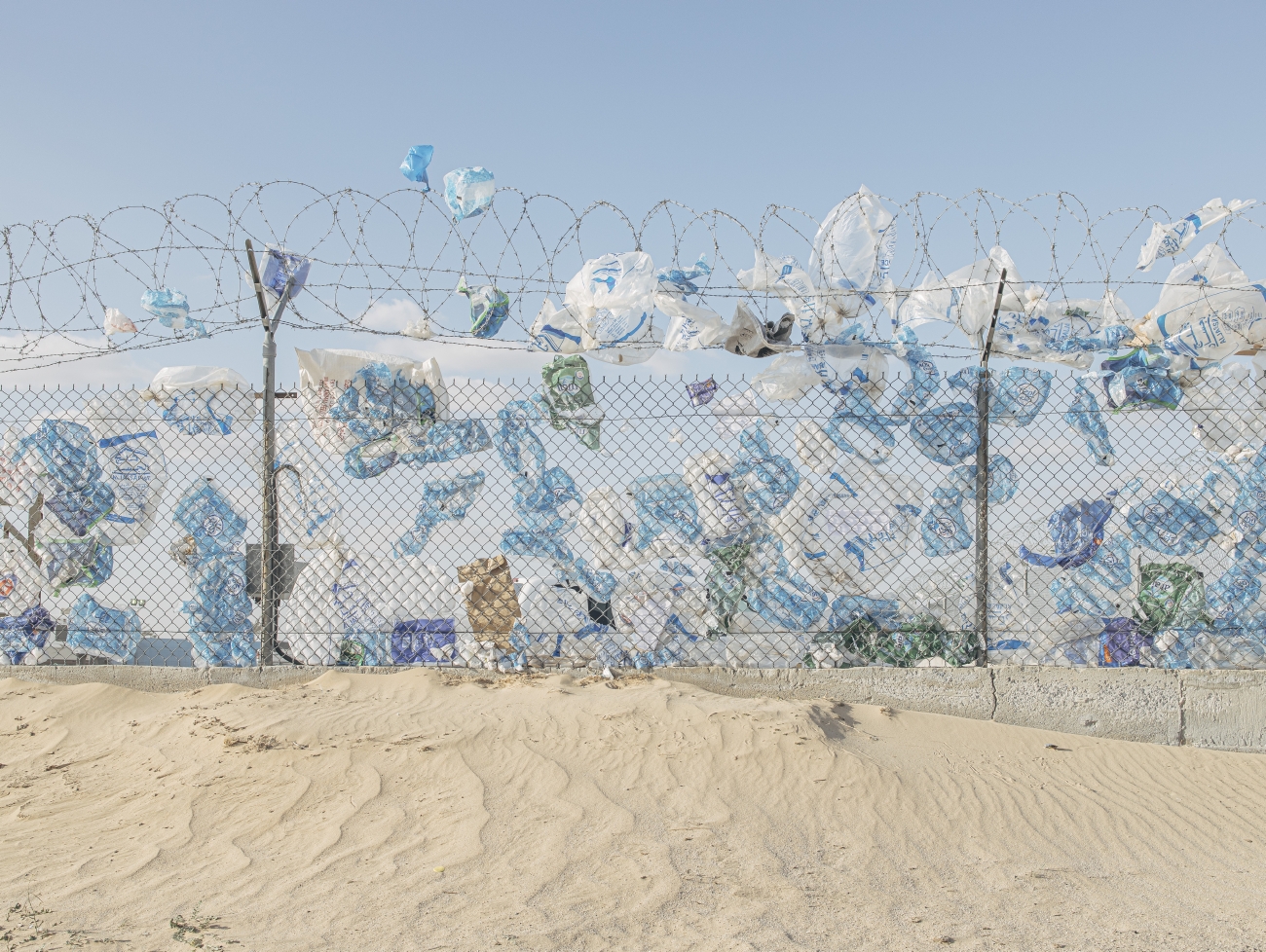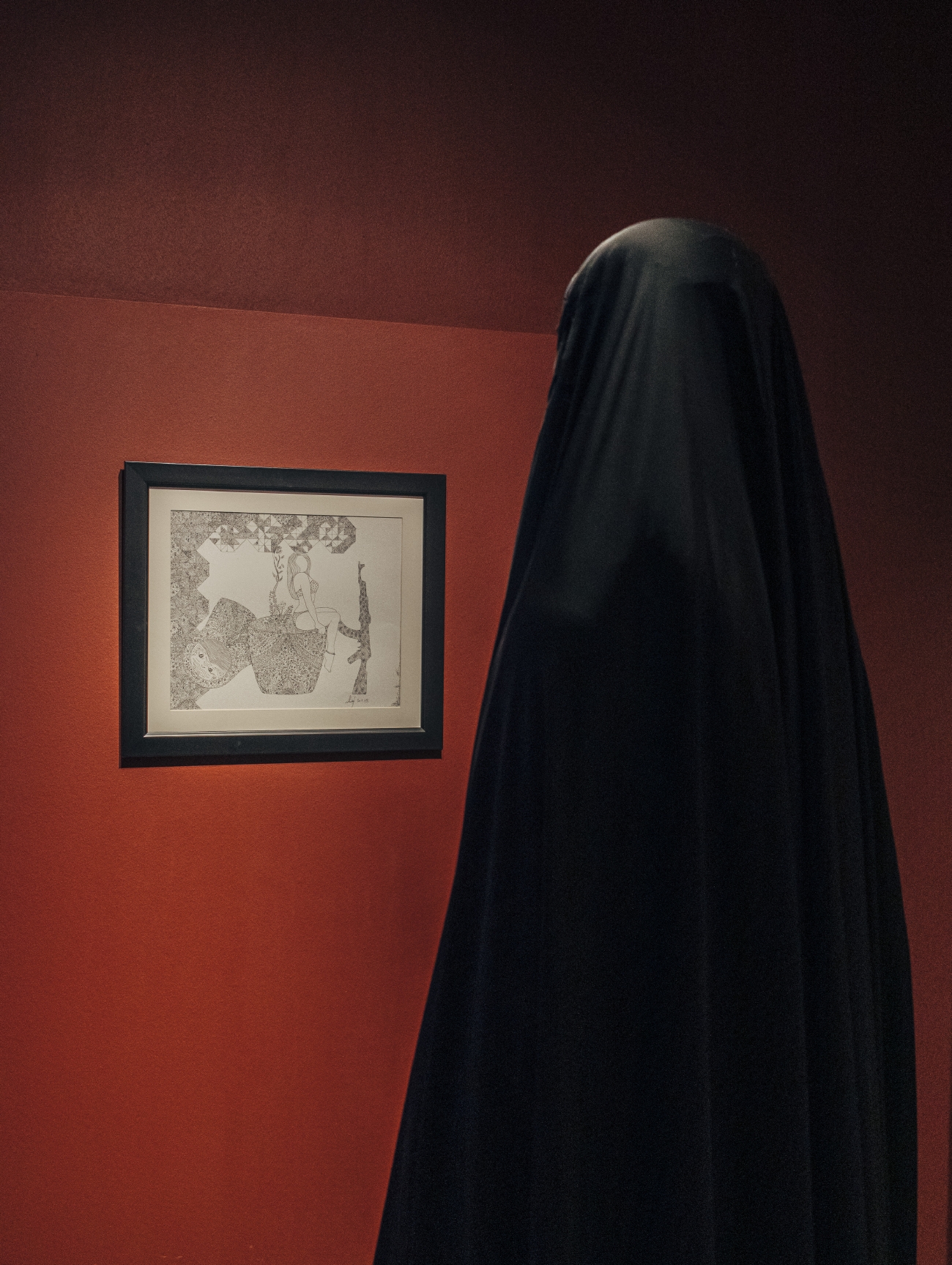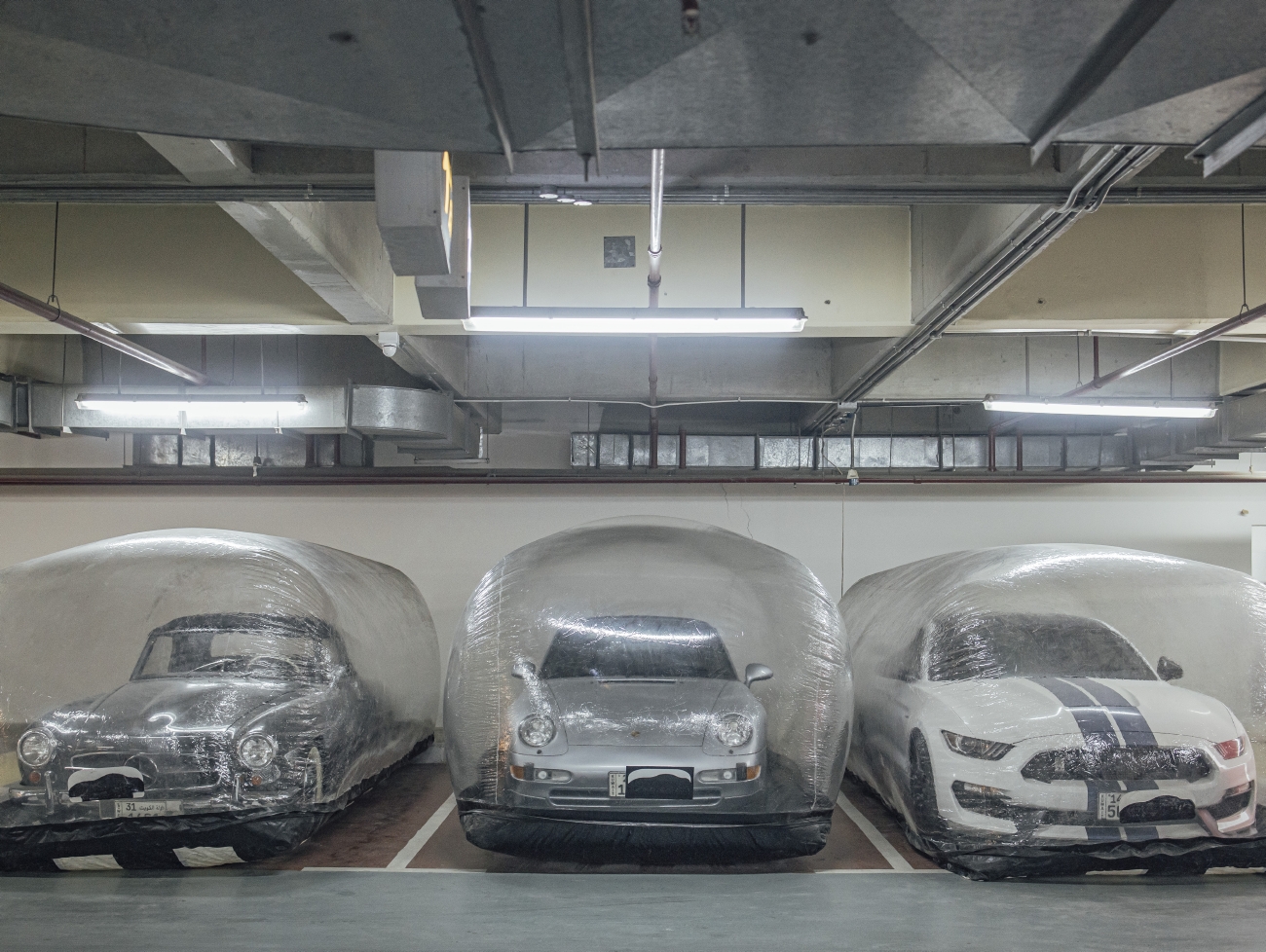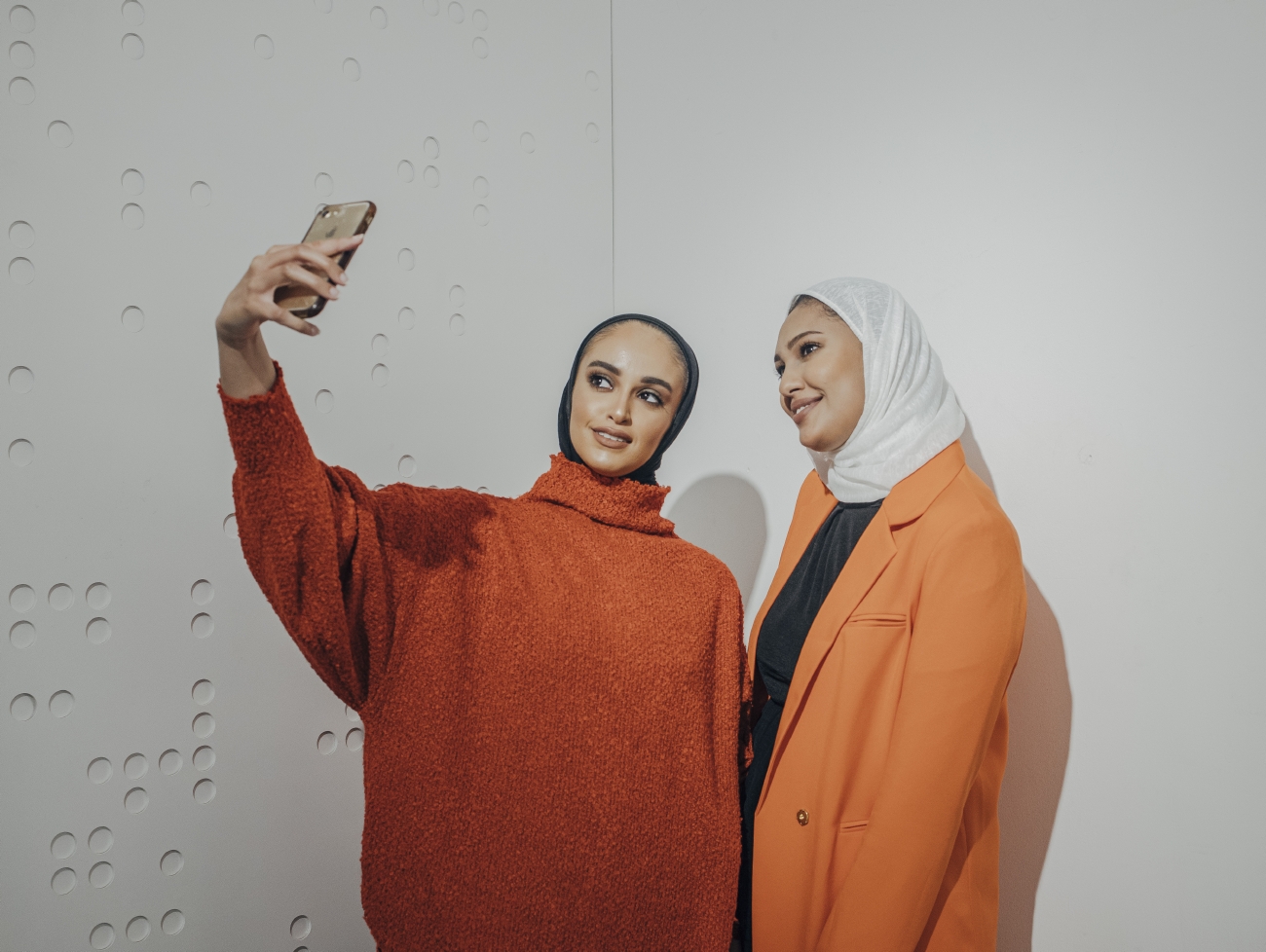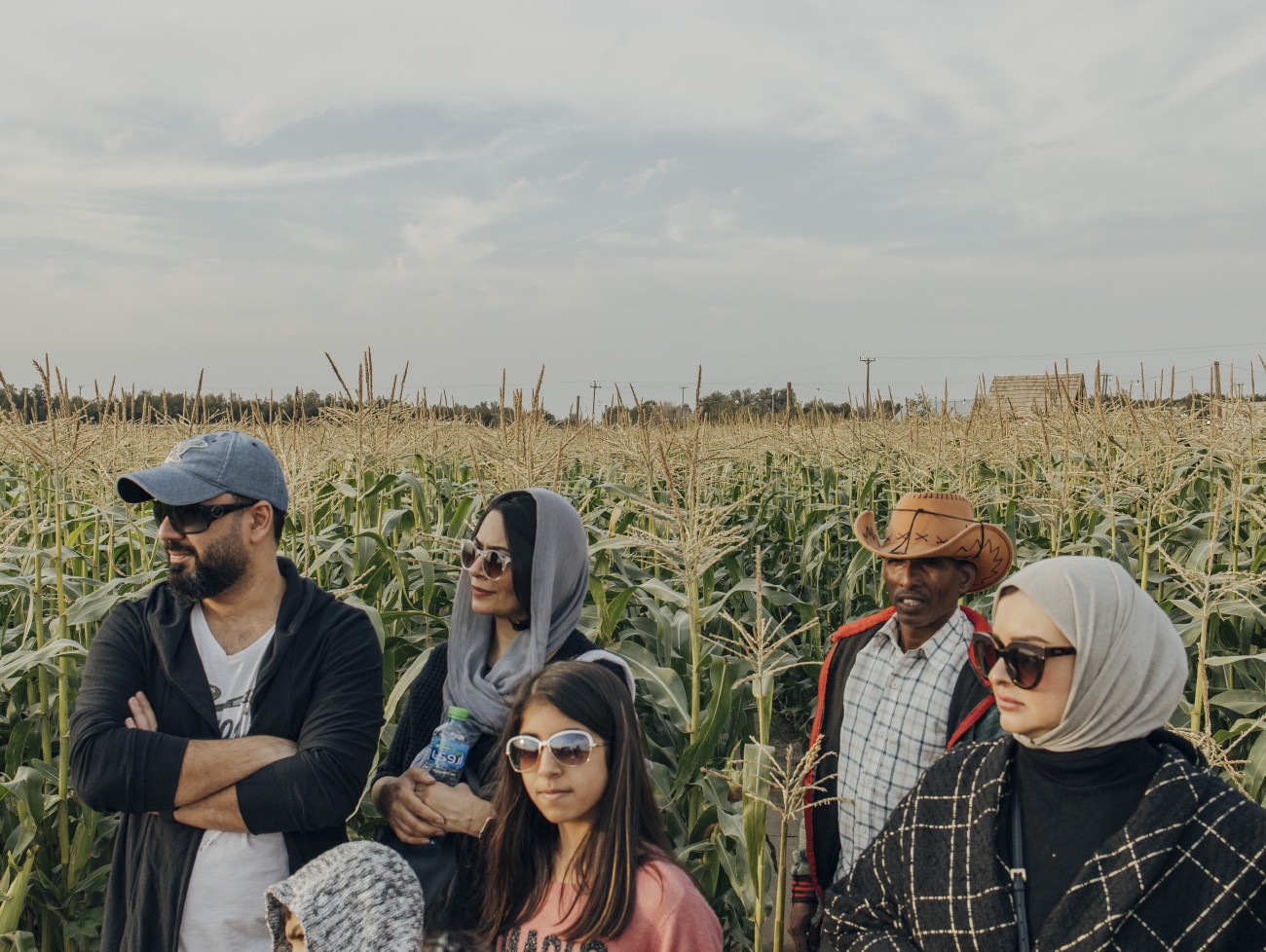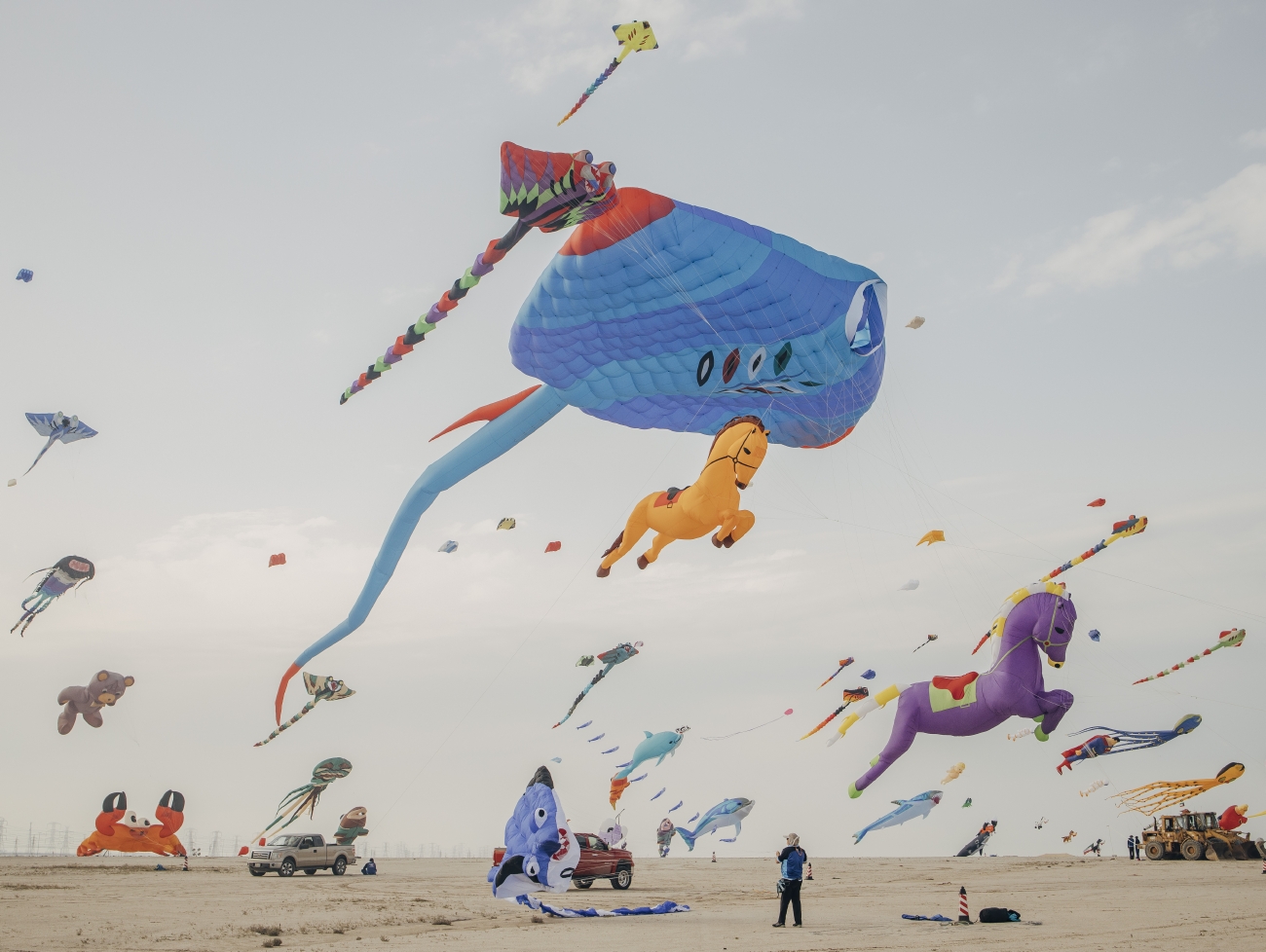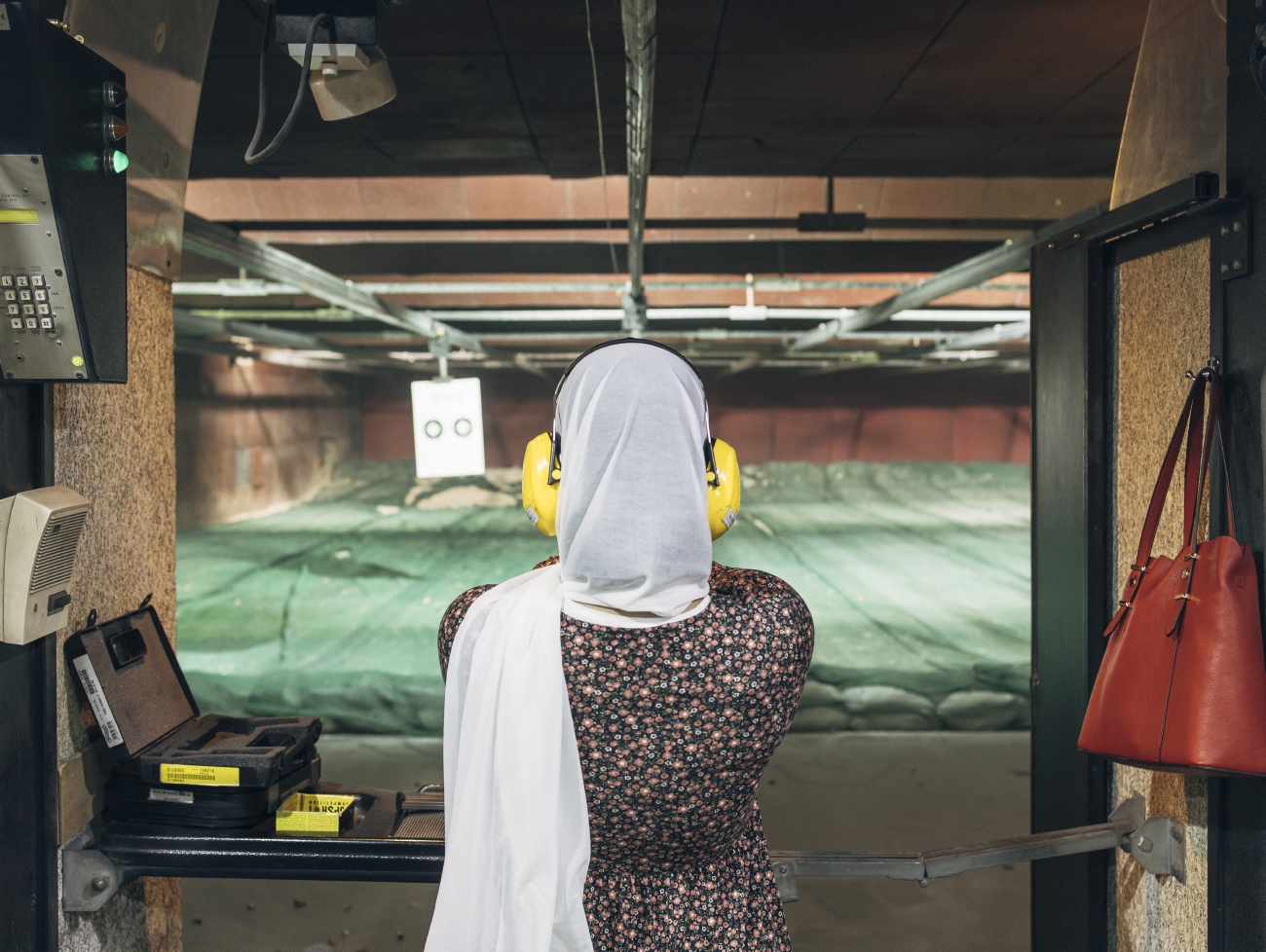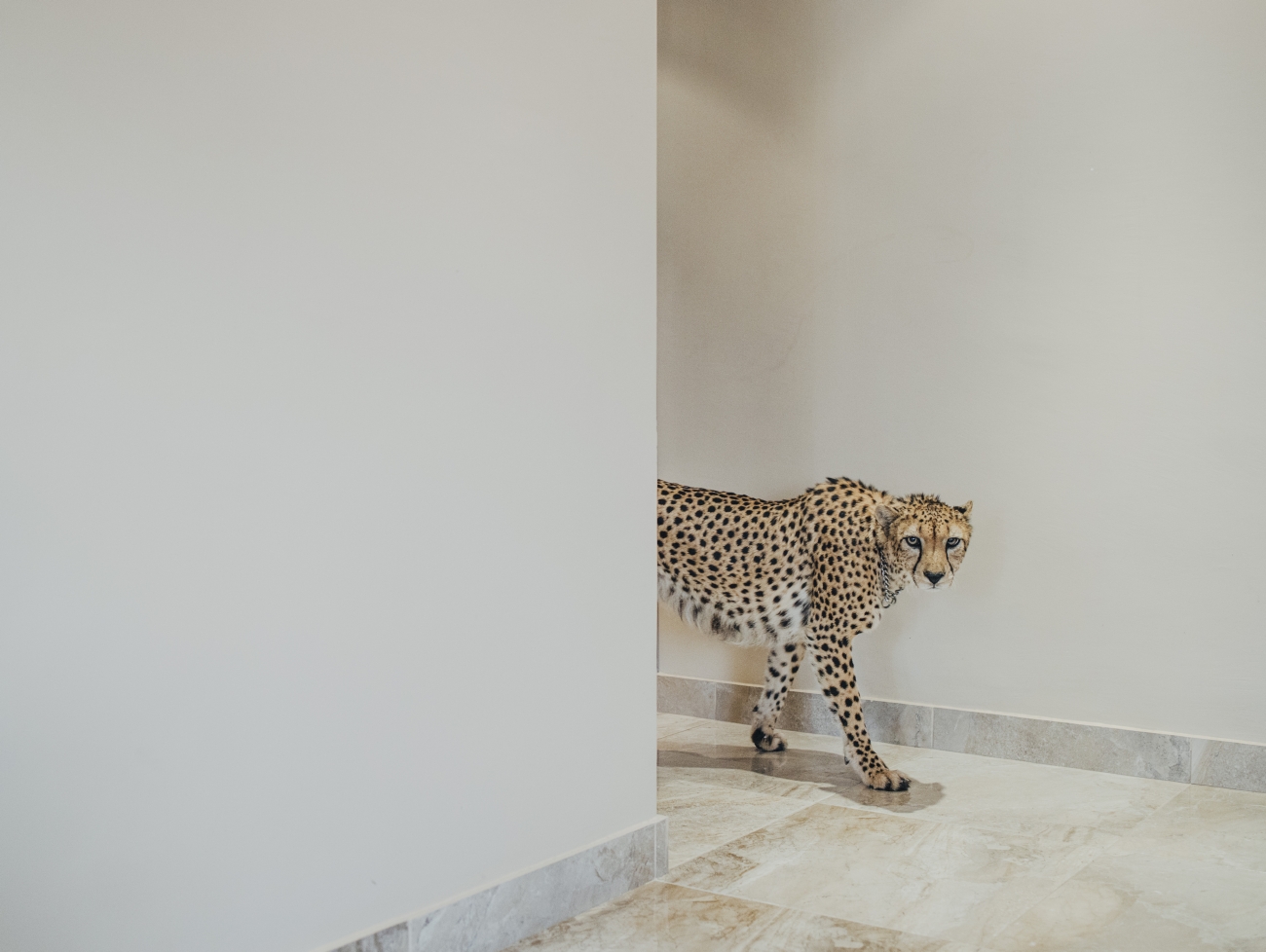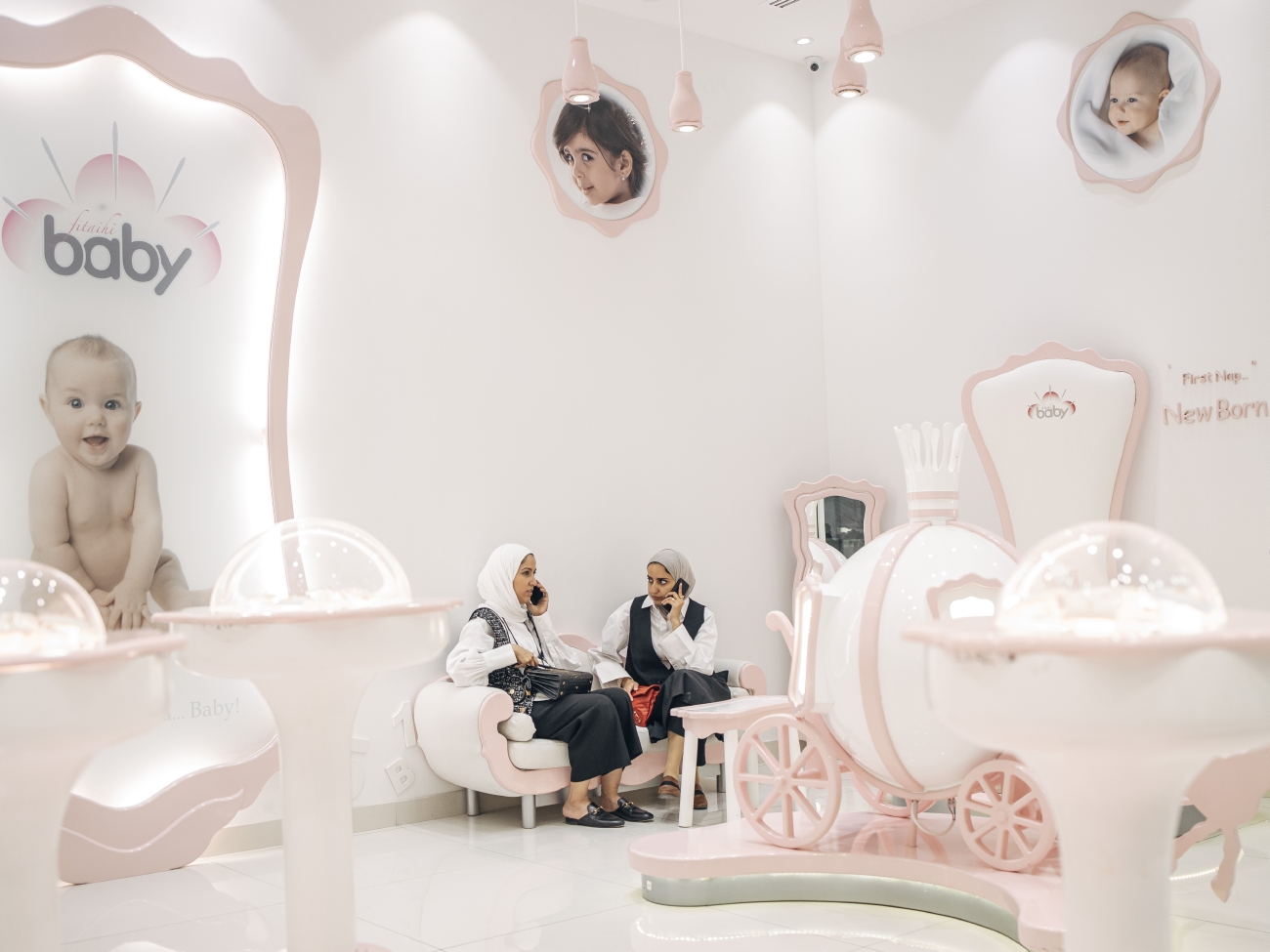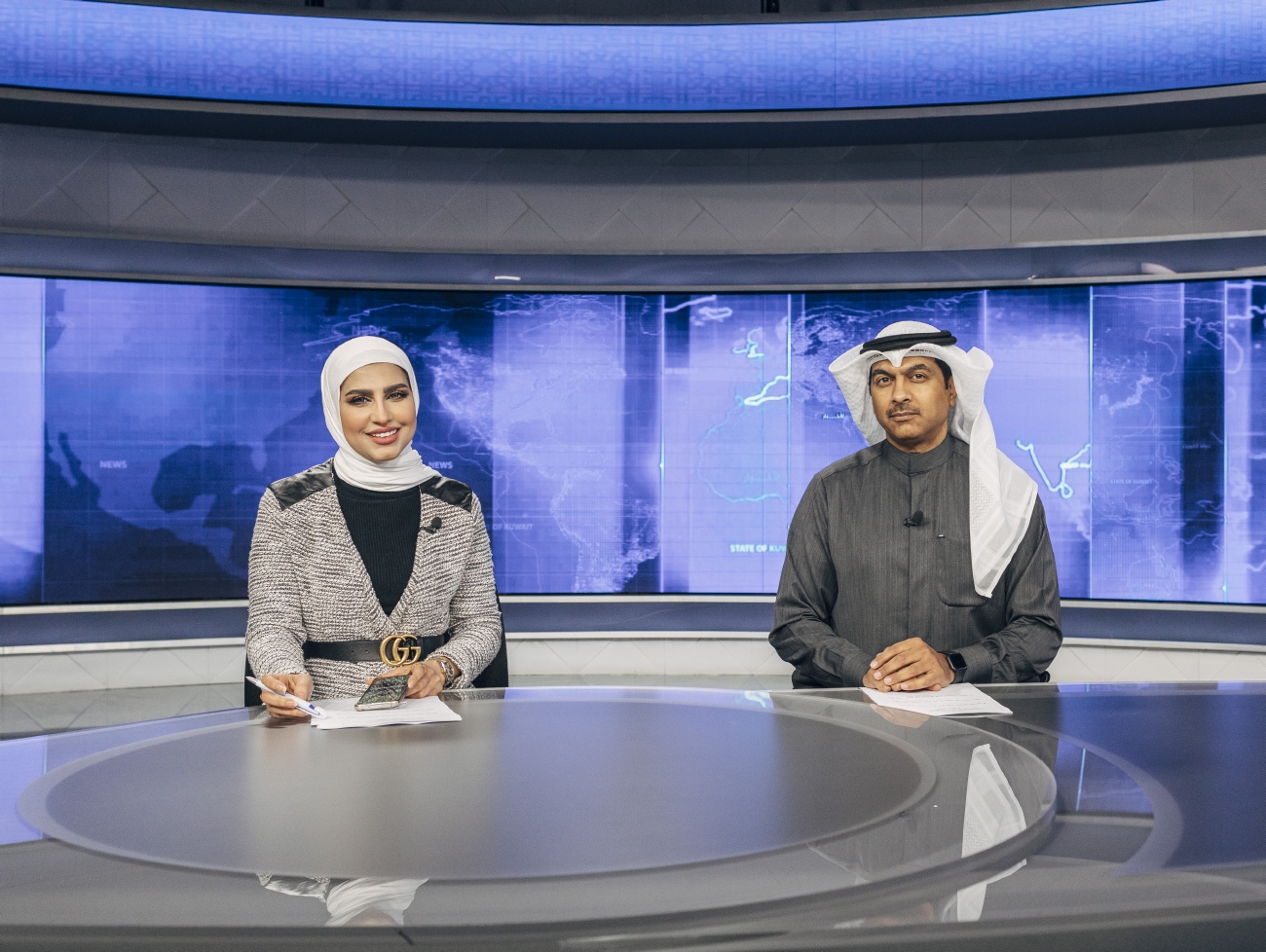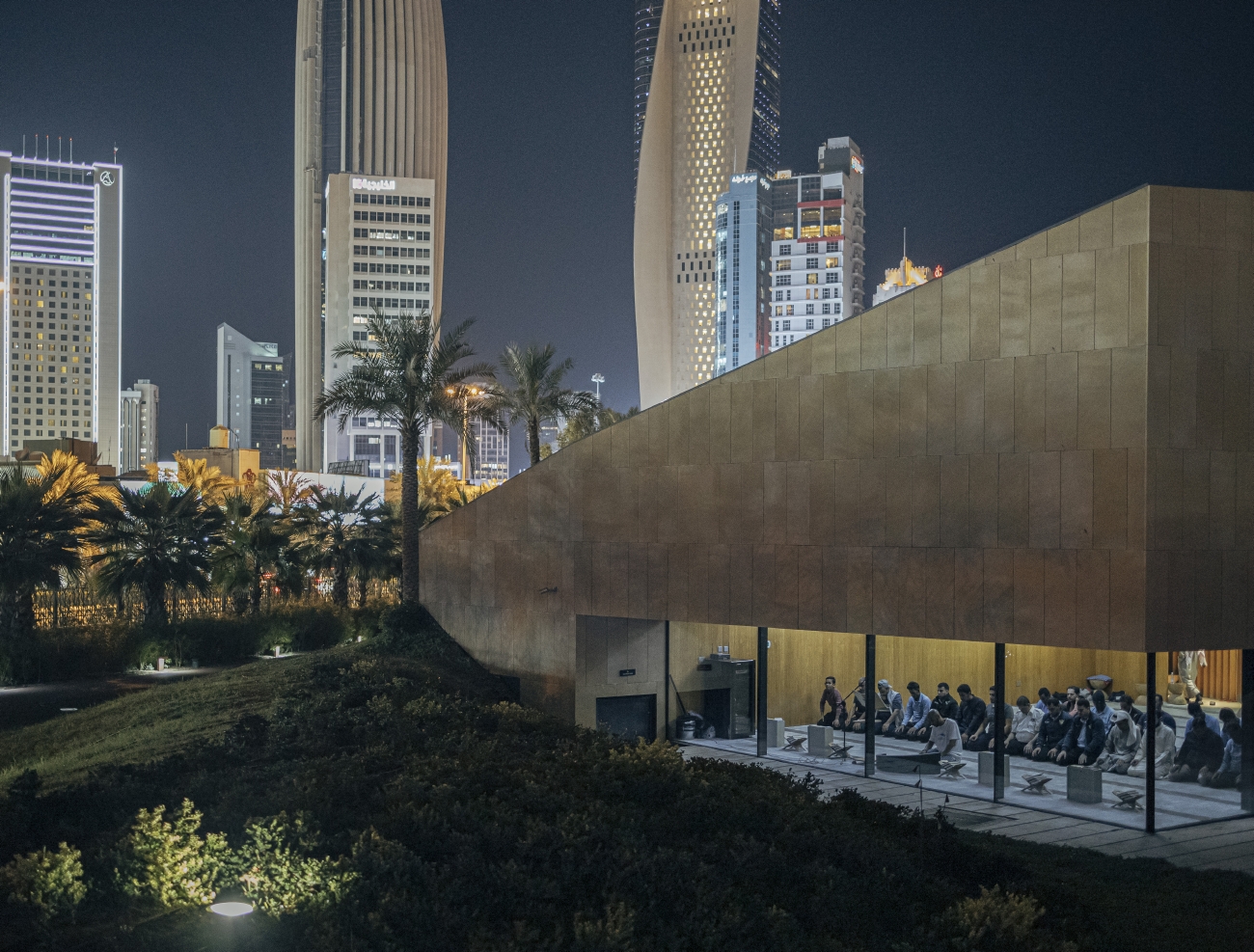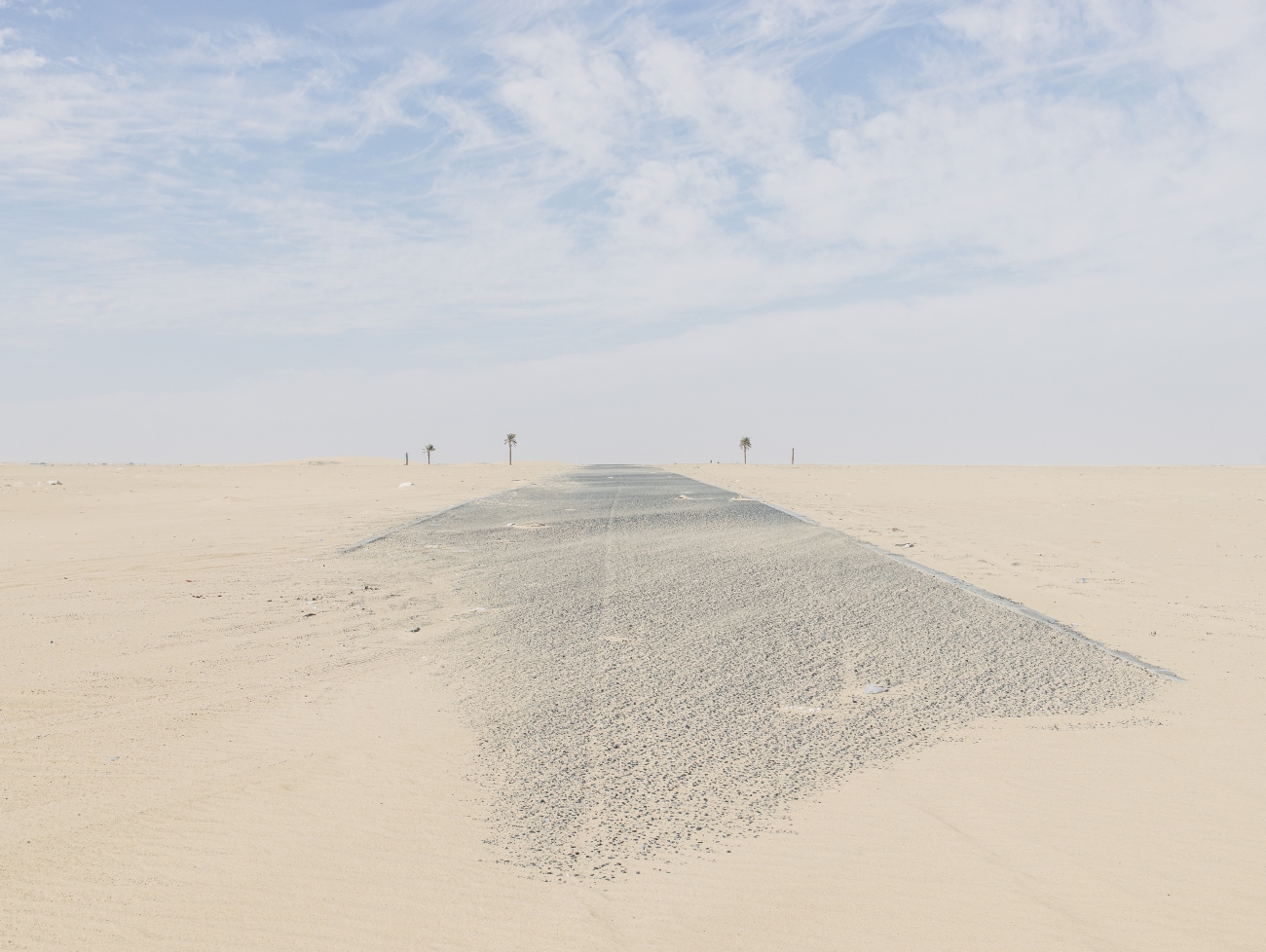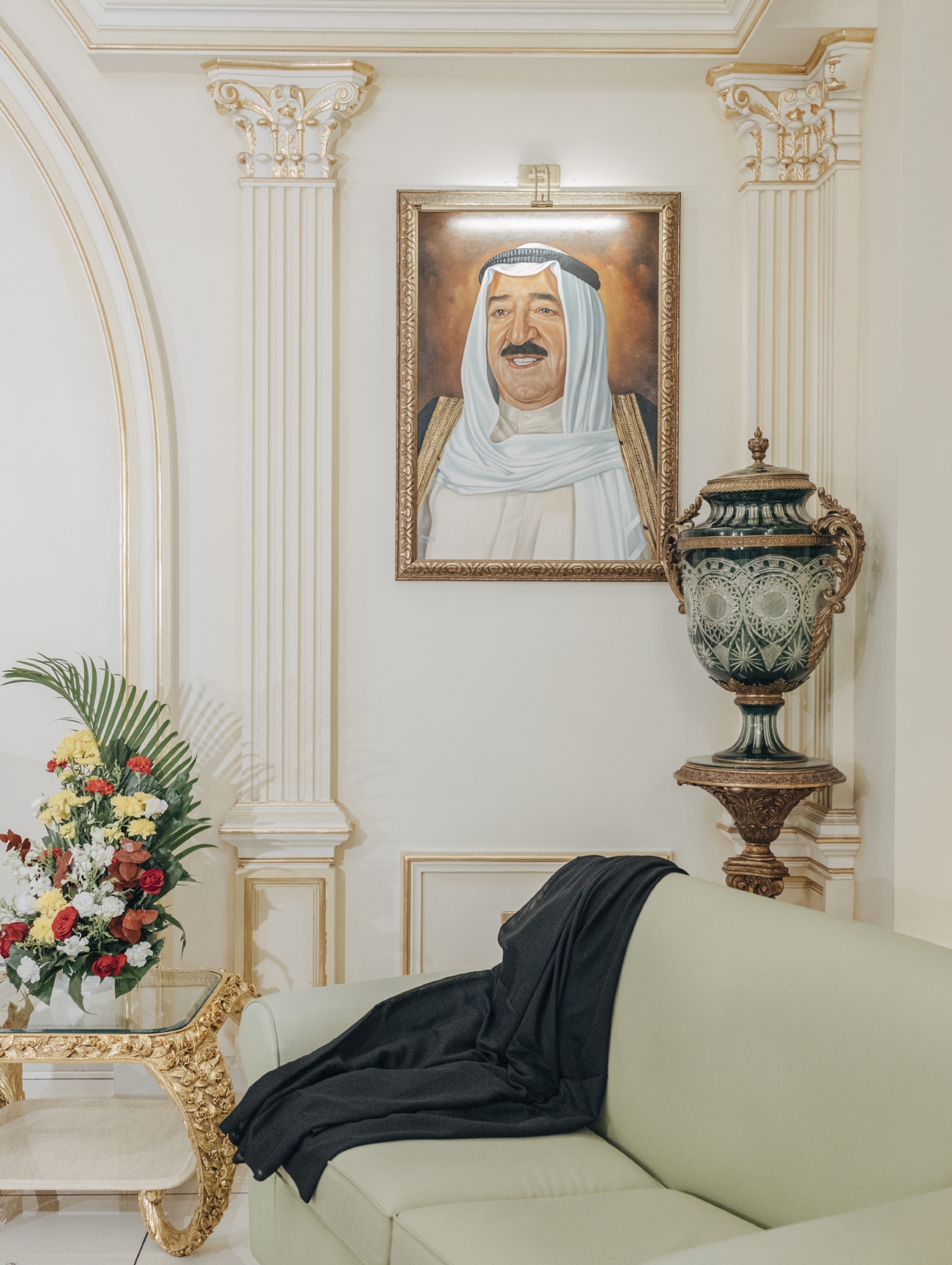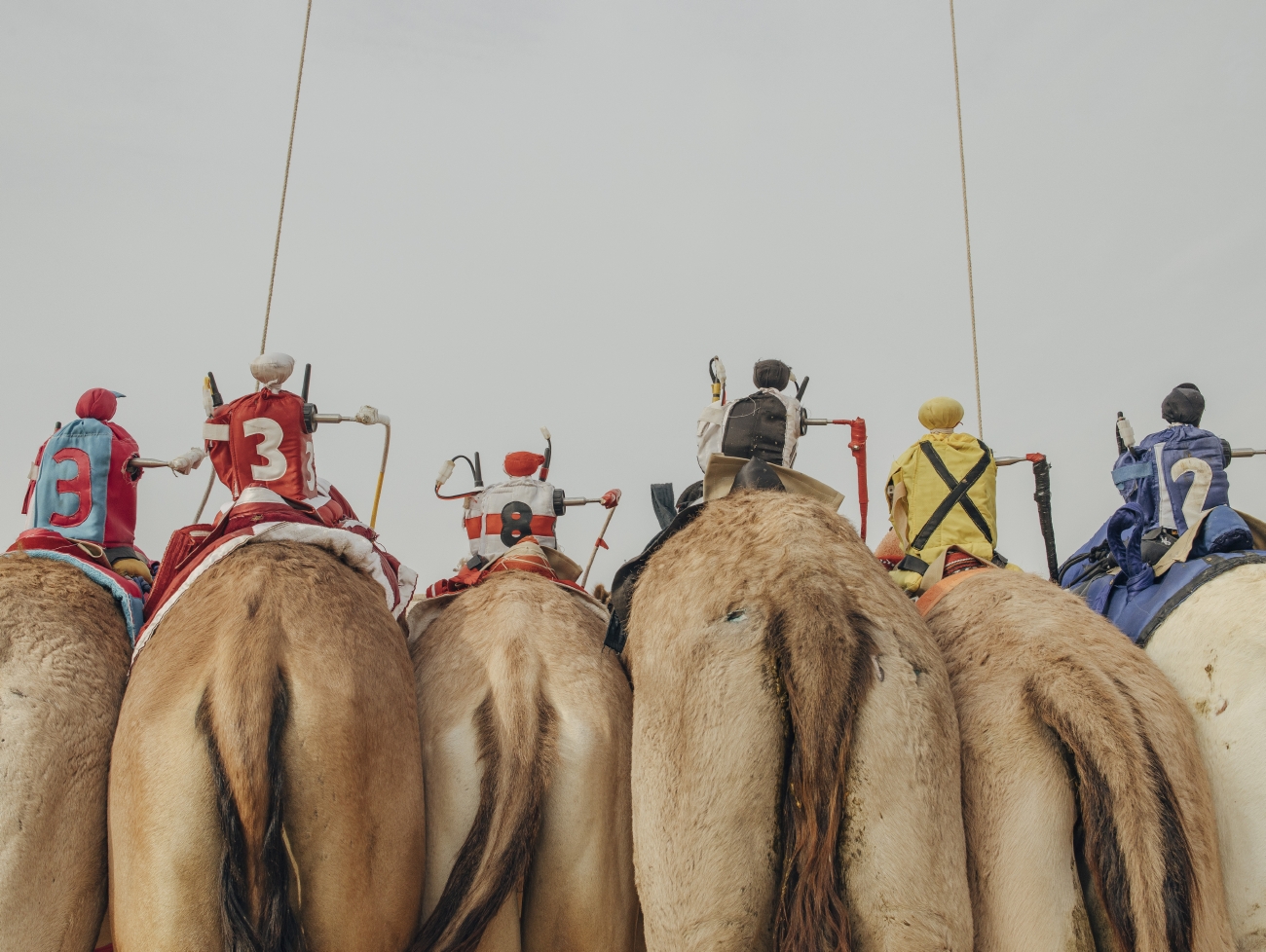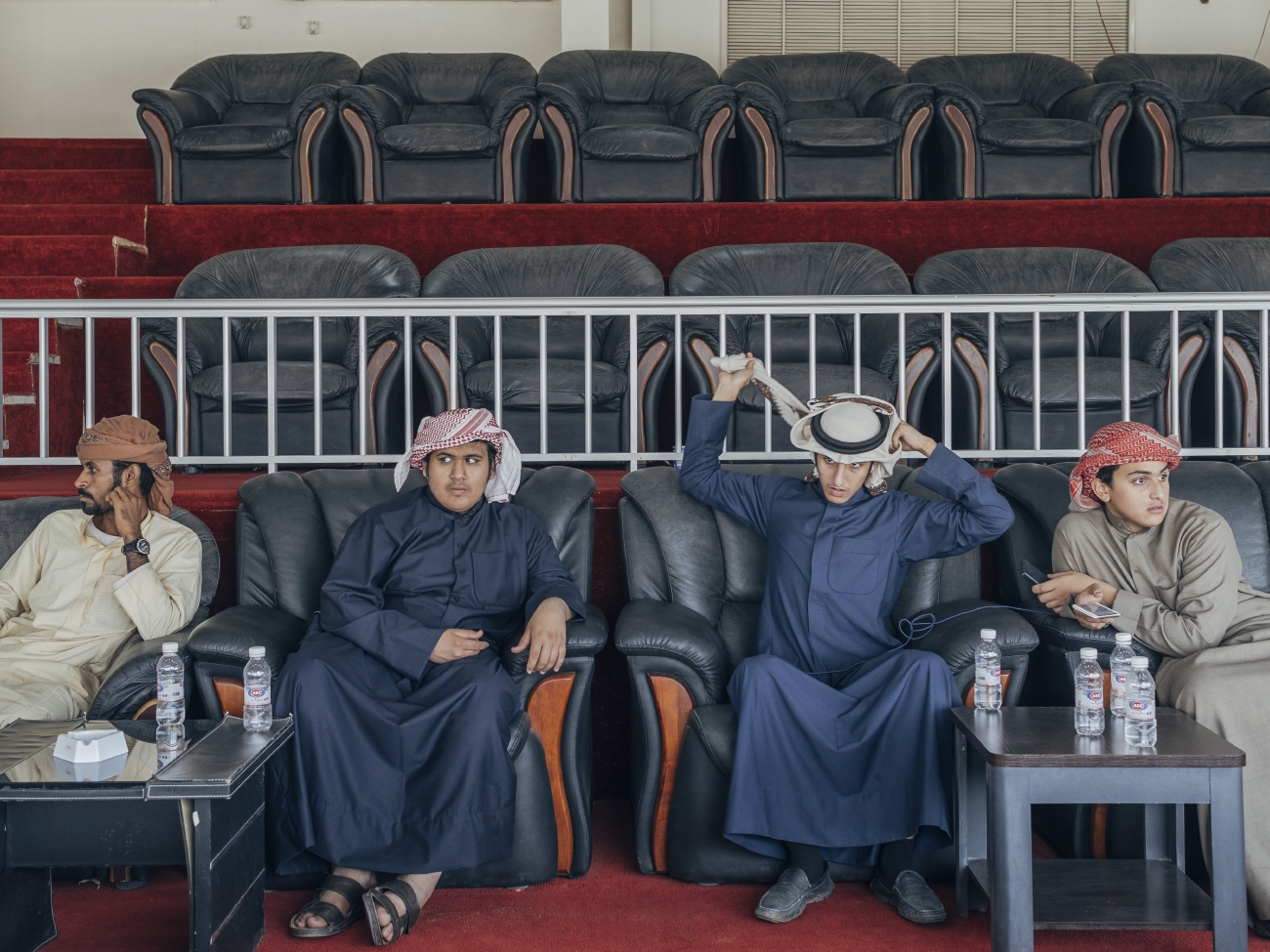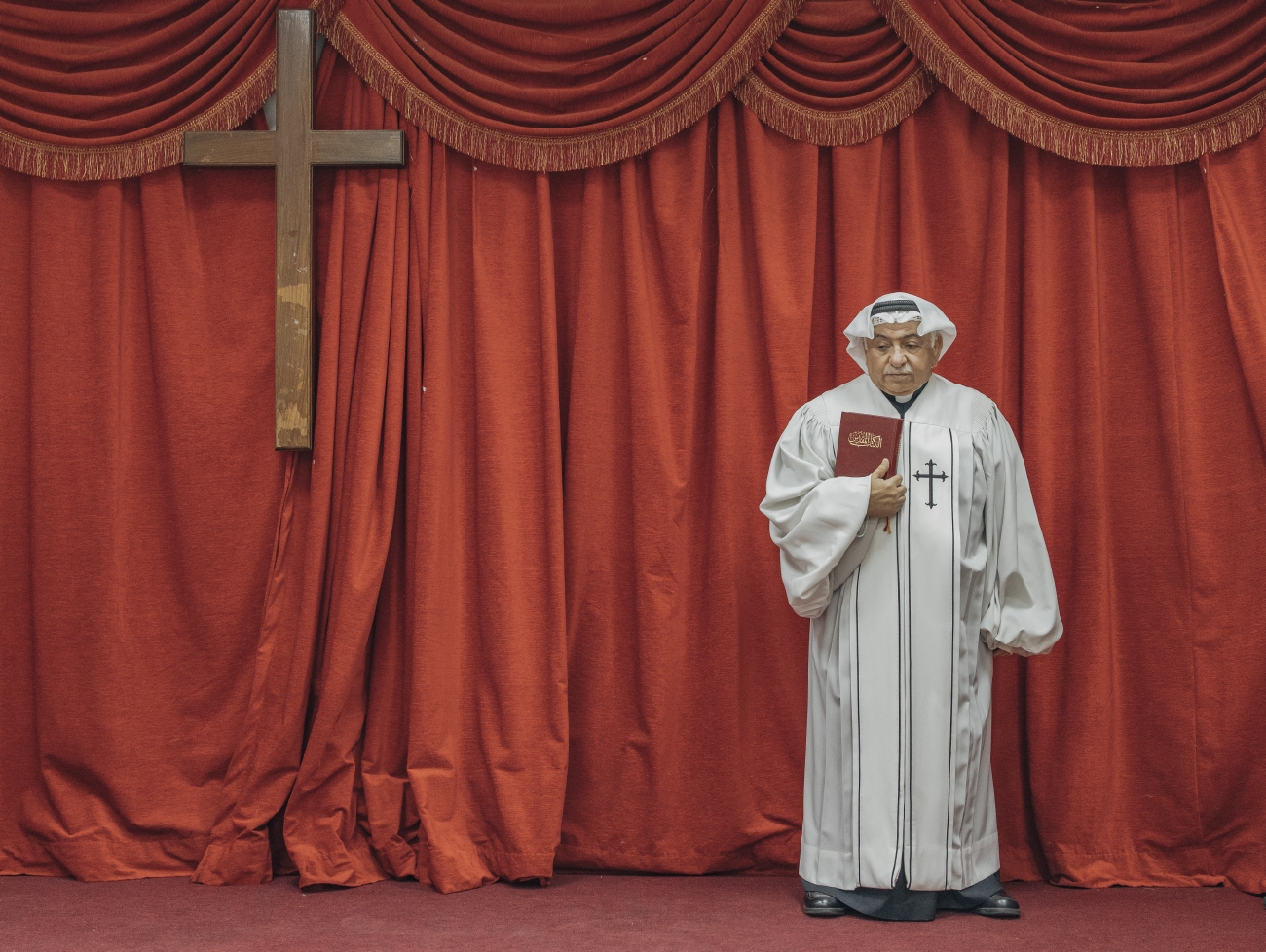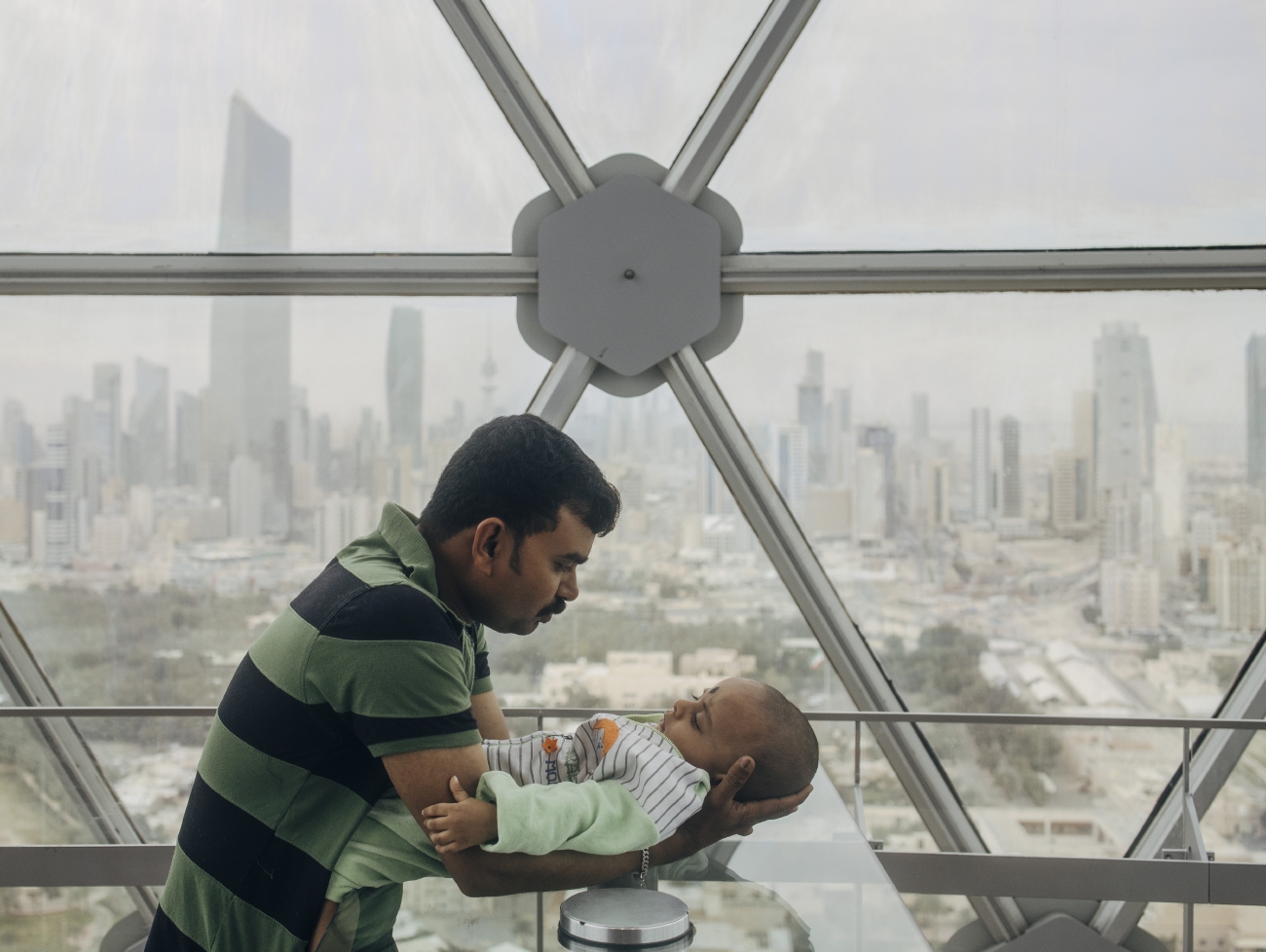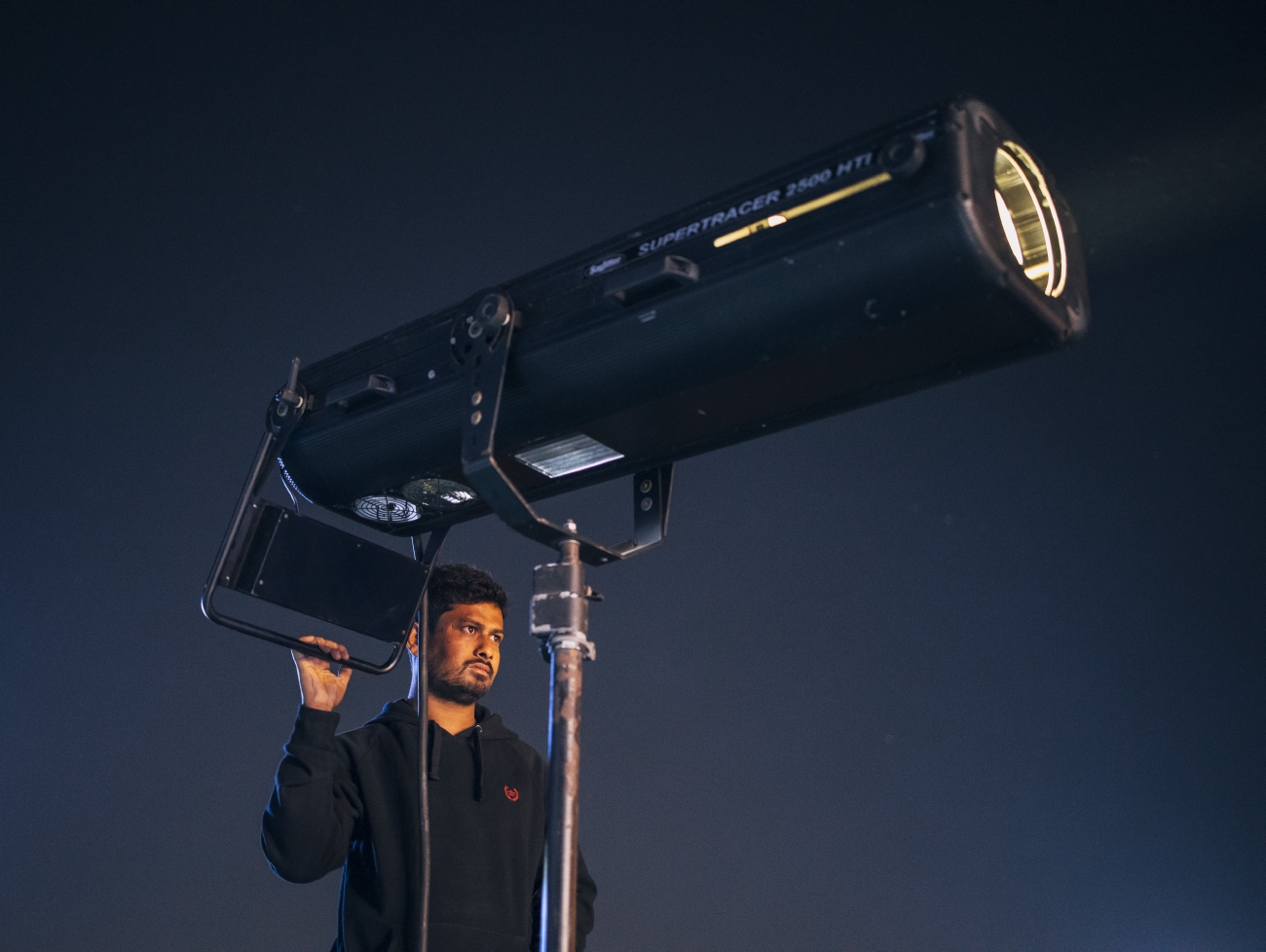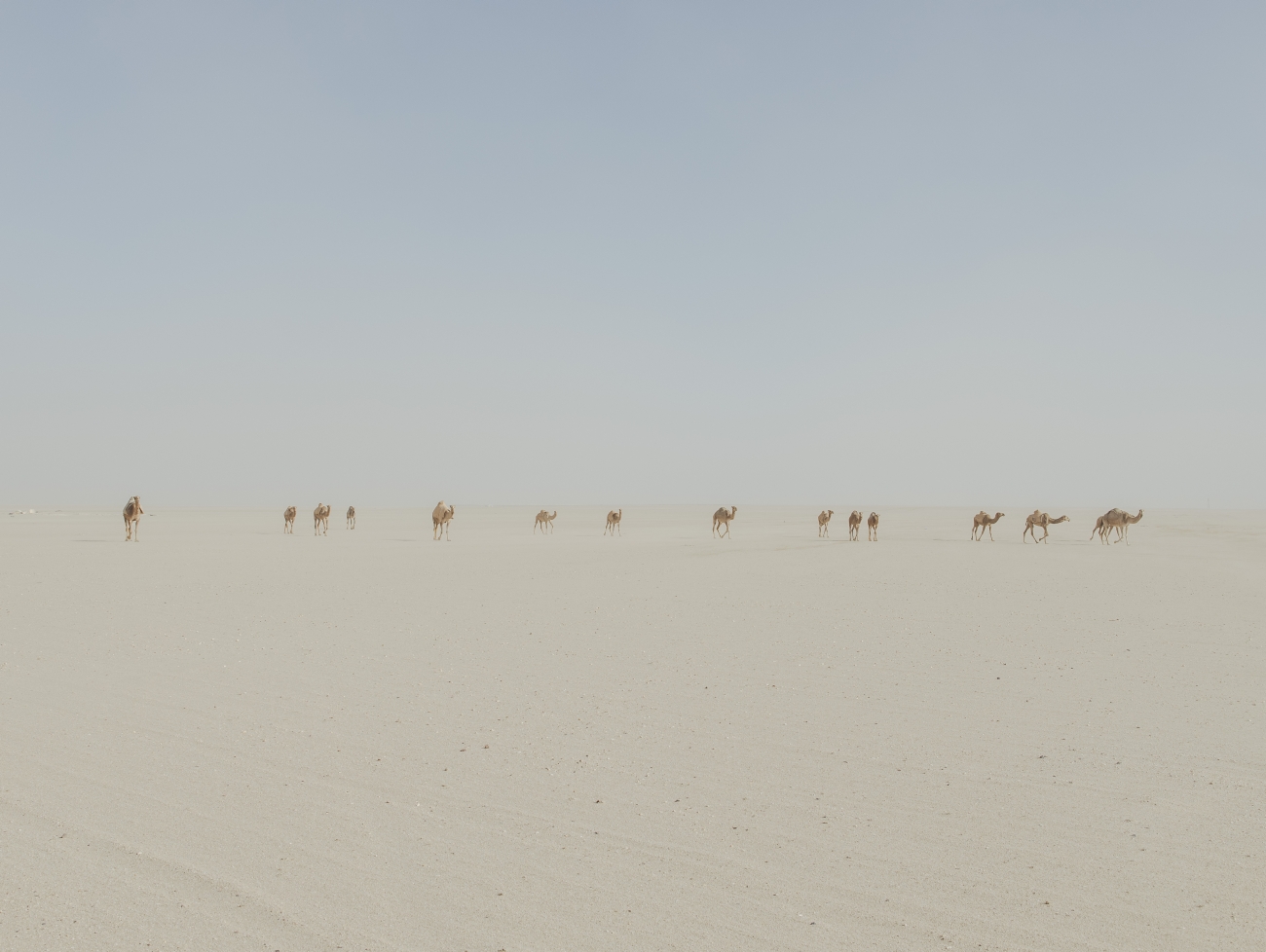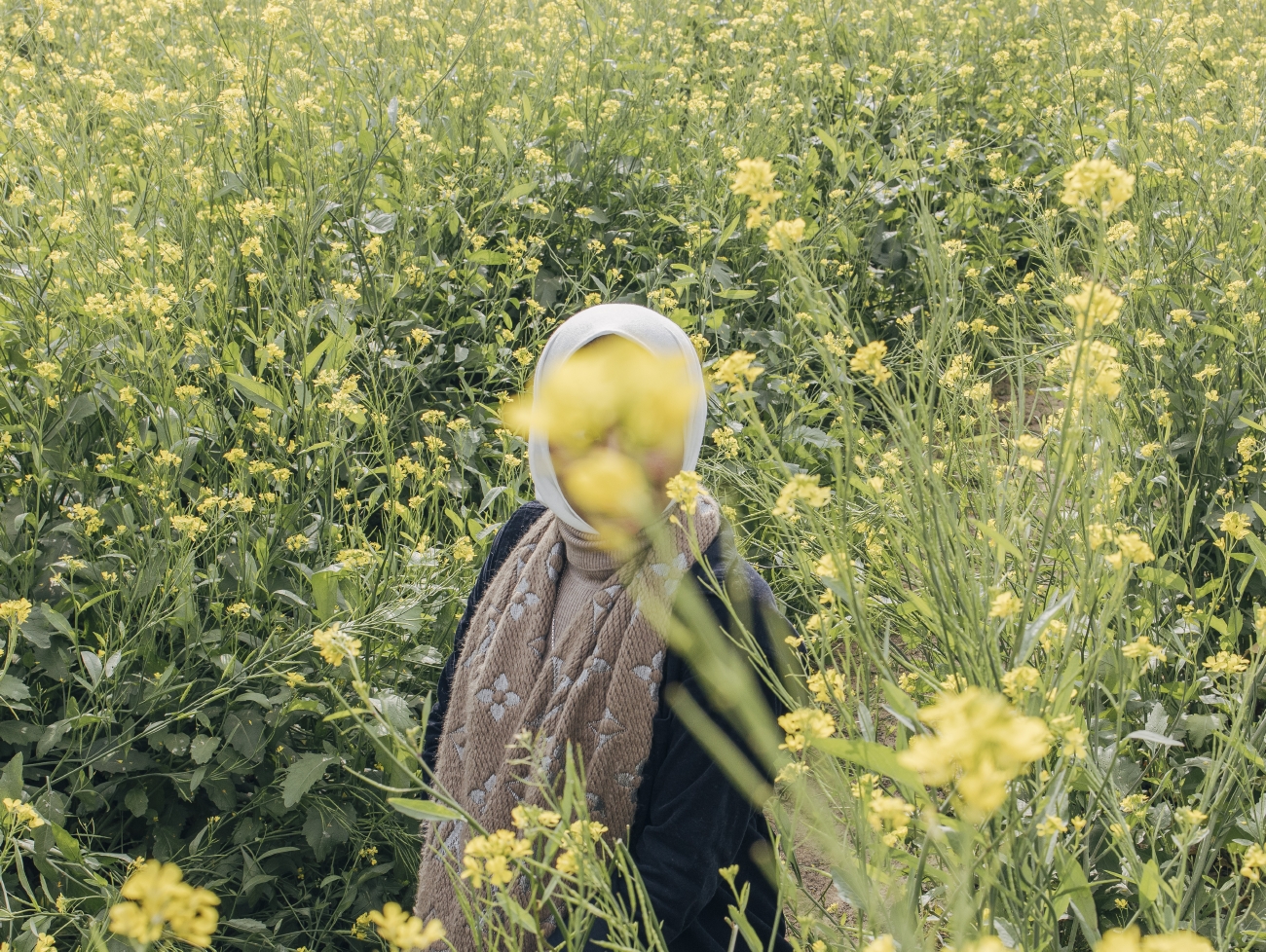Kuwait Soul
A nation balanced between materialism and Islam
Photo by Gabriele Cecconi
Wedged between Iraq and Saudi Arabia, Kuwait is one of the world’s smallest and richest countries. Rarely in the spotlight, the emirate found itself centre stage in 1990 and 1991 during the first Gulf War, the first ever such conflict to be fully televised. But why did a strip of desert completely lacking in any attractions become so hotly contested thirty years ago? The answer can be found in its history: a strategic natural port, Kuwait was effectively created by the British to block Iraq’s access to the sea. At that time the economy was based
on the trade in pearls, spices and incense and the population was composed largely of Bedouins and fishermen. These were the very same who decades early had fled drought and camped along a watercourse near an ancient kout, a mud fort, that is the origin of the name “Kuwait” and the city that was created in that very location. True riches arrived with oil, the first reserves of which were discovered in 1934 and then came independence from Britain sixty years ago on 19 June 1961.
Today Kuwait is still a place of extremes: summer temperatures reach record levels and only two per cent of the country’s land is suitable for farming. Oil refineries contribute to the terrible air quality that has a heavy impact on the health of the country’s population. The latter, in fact, is composed of Kuwaiti nationals, who number 1.5 million, and migrant workers (migrants make up the majority and number almost 2.5 million), most of who are Asian or Egyptian. In recent years the country has enjoyed huge economic wealth and developed a rather extreme vision of the capitalist model: a reality in which a materialism of almost dystopian levels blends with strong Islamic traditions. These two morally conflicting forces can cause depression and neuroses: an interior emptiness, often taboo in Kuwaiti society, sometimes finds its response in extreme consumerism.
(2019-2020)

